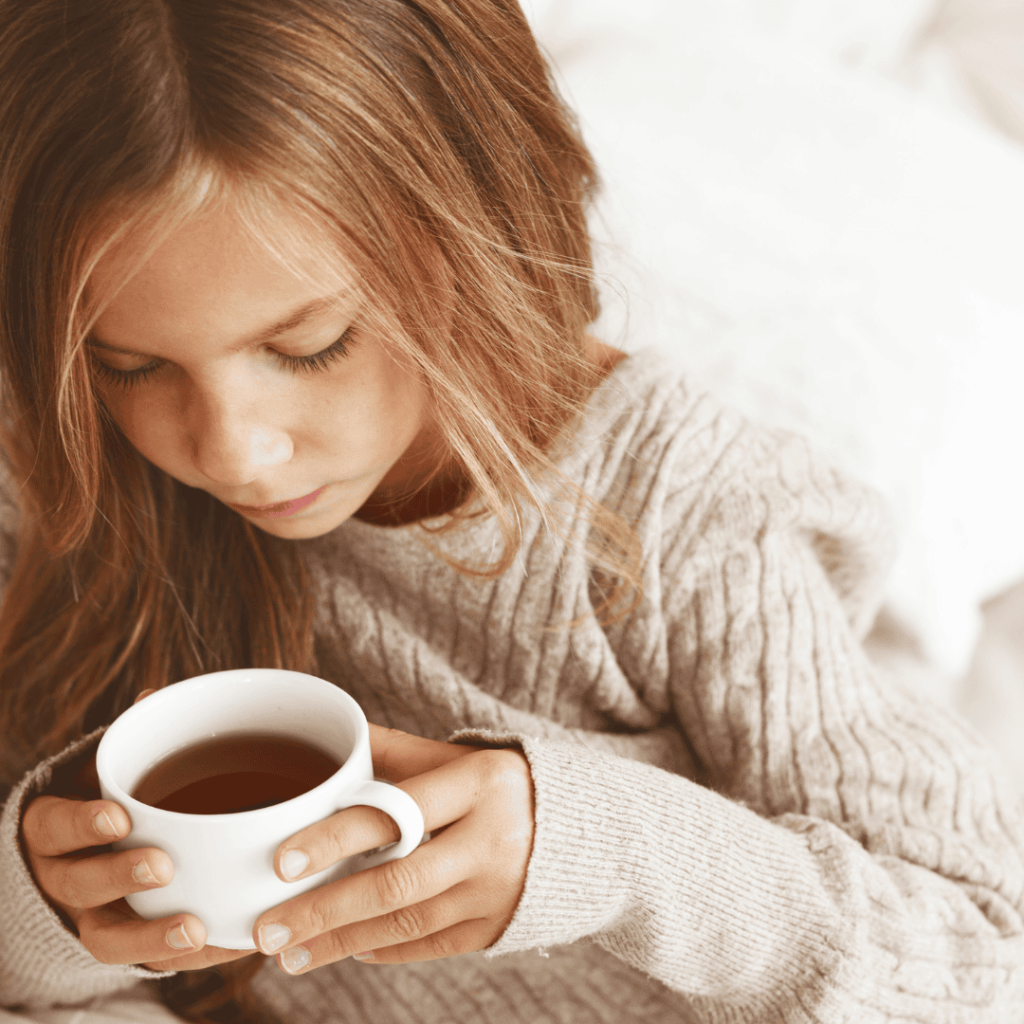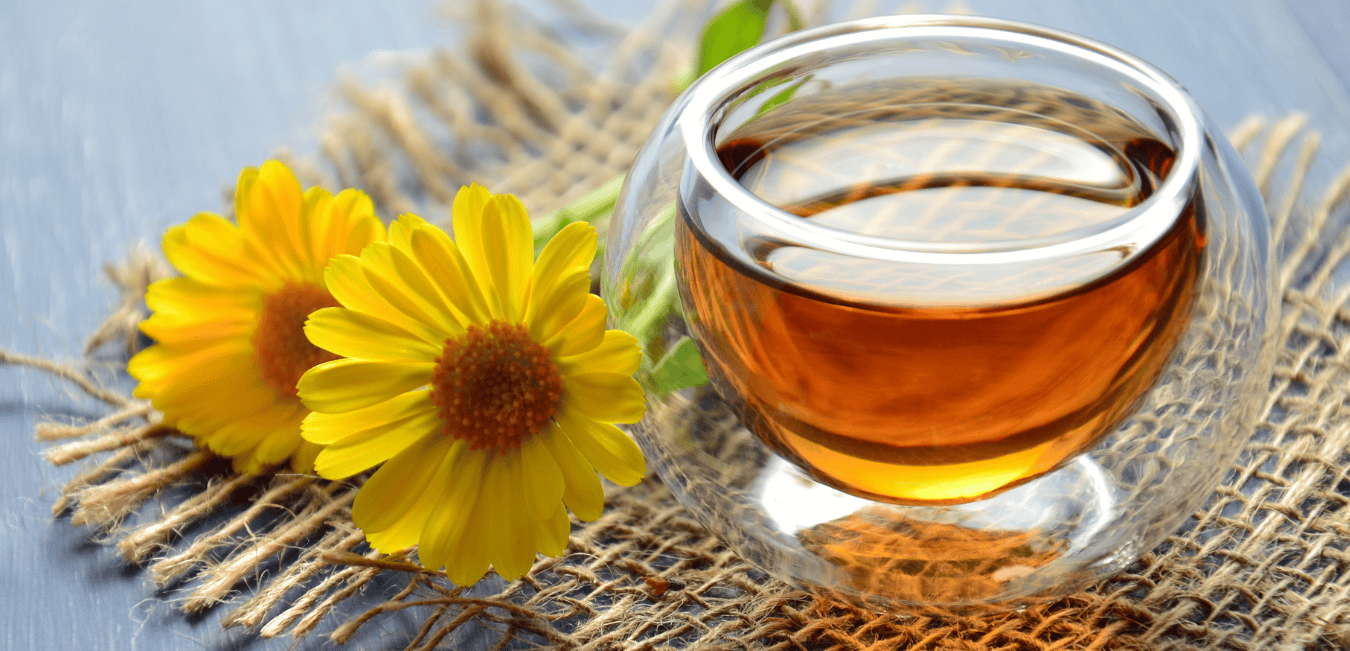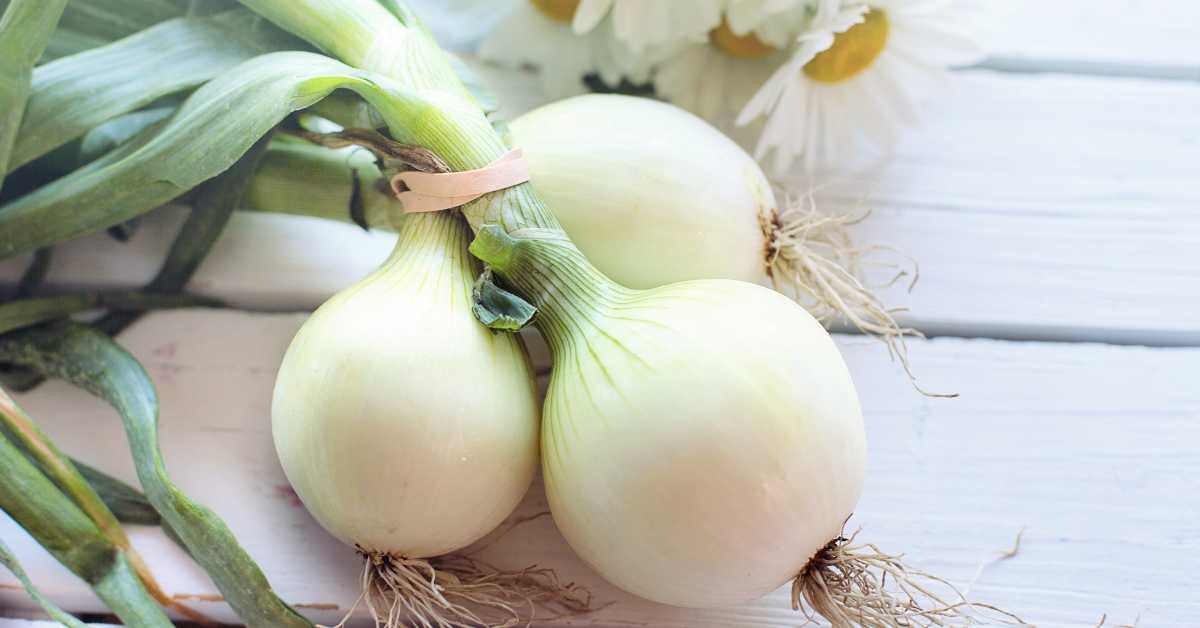Herbal teas have been used to manage childhood fevers in cultures all over the world. They are gentle, medicinal, comforting, and often delicious. They’re also a good way to give honey (for children over 12 months), which can soothe sore throats and coughs and has antiviral and antibacterial properties.
Fever isn’t always necessary to treat. It is part of the body’s natural immune response and helps it function more effectively. However, if a fever is causing discomfort, interfering with sleep, or very high, then it is a good idea to try to bring it down. Be sure to get proper medical attention when necessary.
Below is a list of the most common herbs that I use to address fevers. They can be given as teas, tinctures, glycerties, capsules, or as an herbal bath.
Sometimes these are described as an alternative to fever reducers like acetaminophen or ibuprofen. Rather than think of them as alternatives, I like to think of them as the first line treatment. I keep acetaminophen or ibuprofen on hand if needed as a second line option.
To learn more about fevers, see: Fevers 101: Benefits, Home Care Strategies, & When to Medicate.
Herbal Teas Used For Fever Management
Elder (Sambucus nigra)
Elderflowers and elderberries are both traditional medicines used to treat upper respiratory tract infections. They promote sweating in order to cool the body down. Elderberries are most often given as a syrup. Elderflowers are often combined with yarrow and mint to make a fever reducing tea. A strong elderflower infusion can be added to a warm (not hot) bath to help bring down a fever.
Yarrow (Achillea millefolium)
Yarrow is another herbal remedy that is often used to treat colds, flus, and fevers. It cools the body and promotes sweating. It can be used as a tea, tincture, glycerite, or added to a bath. Yarrow is nice to use when there is poor circulation or loss of appetite.
Caution: Yarrow is not to be used in pregnancy. Avoid if you have a asteraceae allergy.
Chamomile (Matricaria recutita)
Chamomile is the quintessential children’s herb, though it can be used throughout life. It is soothing, gentle, and effective. Chamomile is known for its relaxing effect on the nervous system and relief of irritability, restlessness, anxiety, insomnia, and stress. It also relieves pain, settles an upset stomach, heals tissues, and decreases inflammation. Like all the herbs listed, it can be used as a tincture or glycerite. Ffor kids, I like it best as a tea with honey or as a strong infusion added to a bath.
Cautions: Chamomile should not be used in pregnancy.
Lemon Balm (Melissa officinalis)
Lemon balm is a cheery lemon flavored herb that’s uplifting to the spirits and is used in treatments for anxiety, depression, and insomnia. It is also antiviral, supportive for fevers, and soothing for upset stomachs, cramps, and nausea. It is a favorite of mine because in addition to being effective, it is safe, delicious, uplifting and comforting. I drank a lot of lemon balm tea with ginger while I was dealing with COVID-19. Lemon balm also makes a delicious iced tea and is especially good as a glycerite for anxiety.
Peppermint (Mentha piperita) & Spearmint (Mentha spicata)
Mints are familiar herbs that have long been used in upper respiratory tract infections. They are cooling, soothing, anti-inflammatory, anti-viral, and anti-fungal. They are powerful healers and are commonly added to other combinations to make them taste better.
Caution: In pregnancy, breastfeeding, and for children under two, spearmint is preferred because it is gentler.
Ginger (Zingiber officinalis)
Ginger is a familiar helper for morning sickness. In addition to settling nausea, it is a potent anti-inflammatory, circulatory stimulant, and diaphoretic. It is a good addition to a fever treatment if there are chills, nausea, or lack of circulation. A spoonful of ginger stirred into hot water with lemon makes a soothing hot drink.
Caution: May be hard on sensitive stomachs and can cause heartburn. May have blood-thinning properties. Ginger is considered safe in pregnancy.
Summary
Herbal teas, baths, tinctures, and glycerites are a good first line treatment option for managing fevers, especially in children. They are extremely useful because they also help with symptoms that accompany fevers like irritability, nausea, chills, and lack of appetite.
References
Srivastava, J. K., Shankar, E., & Gupta, S. (2010). Chamomile: A herbal medicine of the past with bright future. Molecular medicine reports, 3(6), 895–901.
Nemeth, E., & Bernath, J. (2008). Biological activities of yarrow species (Achillea spp.). Current pharmaceutical design, 14(29), 3151–3167.
https://thenaturopathicherbalist.com/2015/09/14/achillea-millefolium/
Harnett, J., Oakes, K., Carè, J., Leach, M., Brown, D., Cramer, H., Pinder, T. A., Steel, A., & Anheyer, D. (2020). The effects of Sambucus nigra berry on acute respiratory viral infections: A rapid review of clinical studies. Advances in integrative medicine, 7(4), 240–246.
https://thenaturopathicherbalist.com/2015/09/10/sambucus-nigracanadensis/
https://thenaturopathicherbalist.com/2015/09/10/matricaria-recutita/
Lemon Balm. (2021). In Drugs and Lactation Database (LactMed). National Library of Medicine (US).
https://thenaturopathicherbalist.com/2015/09/13/melissa-officinalis/
Mahendran, G., & Rahman, L. U. (2020). Ethnomedicinal, phytochemical and pharmacological updates on Peppermint (Mentha × piperita L.)-A review. Phytotherapy research : PTR, 34(9), 2088–2139.
https://thenaturopathicherbalist.com/2015/09/13/mentha-piperita/
Mahendran, G., Verma, S. K., & Rahman, L. U. (2021). The traditional uses, phytochemistry and pharmacology of spearmint (Mentha spicata L.): A review. Journal of ethnopharmacology, 278, 114266.
https://thenaturopathicherbalist.com/herbs/v-z/zingiber-officinalis-ginger/
Safa, O., Hassaniazad, M., Farashahinejad, M., Davoodian, P., Dadvand, H., Hassanipour, S., & Fathalipour, M. (2020). Effects of Ginger on clinical manifestations and paraclinical features of patients with Severe Acute Respiratory Syndrome due to COVID-19: A structured summary of a study protocol for a randomized controlled trial. Trials, 21(1), 841.
Stanisiere, J., Mousset, P. Y., & Lafay, S. (2018). How Safe Is Ginger Rhizome for Decreasing Nausea and Vomiting in Women during Early Pregnancy?. Foods (Basel, Switzerland), 7(4), 50.
Terzioglu Bebitoglu B. (2020). Frequently Used Herbal Teas During Pregnancy – Short Update. Medeniyet medical journal, 35(1), 55–61.
Al-Hatamleh, M., Hatmal, M. M., Sattar, K., Ahmad, S., Mustafa, M. Z., Bittencourt, M. C., & Mohamud, R. (2020). Antiviral and Immunomodulatory Effects of Phytochemicals from Honey against COVID-19: Potential Mechanisms of Action and Future Directions. Molecules (Basel, Switzerland), 25(21), 0.
Oduwole, O., Udoh, E. E., Oyo-Ita, A., & Meremikwu, M. M. (2018). Honey for acute cough in children. The Cochrane database of systematic reviews, 4(4), CD007094.








